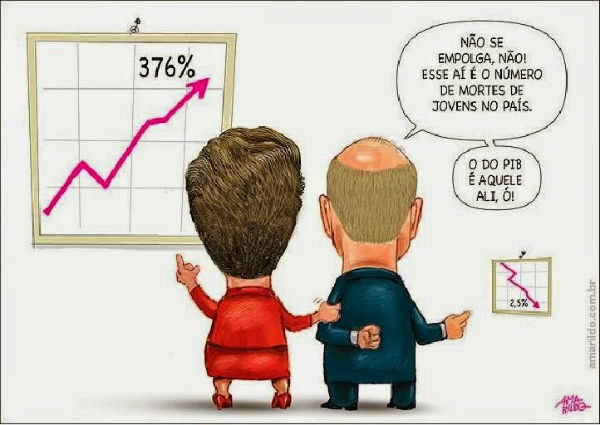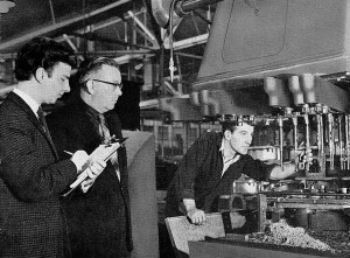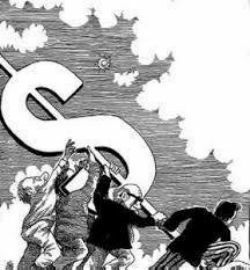THE economic crisis do Brasil started around 2014.
For some analysts, the country will only come out of recession in 2020.
Origin
The economic crisis in Brazil is attributed to a series of factors, as it would be impossible to pinpoint just one reason to explain it.
We can understand it from Brazil's own historical conditions as the fact that the country was a traditional supplier of raw materials.
Likewise, due to structural inequalities, when there is economic growth in Brazil, not all segments of society are benefited.
Lula's government began with a stabilized country without inflation. All that was needed was the start of the economic growth they had promised and it was never fulfilled.
For this, the Lula government applied a policy of subsidized interest and cheap credit for businessmen chosen by the government. It also made the government a great investor and carried out numerous public works.

The consequences were an increase in income for classes D and E, a change in consumption and investment habits, and a strong increase in demand from the Brazilian population. Savings and long-term investments were not encouraged.
The external situation was favorable, as the world was experiencing a strong increase in exports from commodities.
When the world crisis set in in 2008, the Lula government applied measures to ensure that the now larger domestic market continued to sustain Brazilian demand.
Thus, it applied a series of tax exemptions to household appliances, automobiles and construction. Brazil even registered a growth rate of the GDP of 7.6% in 2010.
However, according to economist Ricardo Amorim, all these measures stimulated consumption and not production.
What happened? Labor became more expensive, space became more expensive, due to rent. What does that mean? Producing in Brazil became more expensive. Interview Fecomercio, March 14, 2016.
Dilma government
However, in 2010, the Lula government ends and its successor Dilma Rousseff does not have the same ability to unite the government around its project.
She repeated the same policies as Lula: subsidized interest rates continued, cheap credit for the businessmen allied with the government, plus exemption, tax exemption and devaluation fees exchange rate.
This symbiosis between the government's favorite businessmen ended up generating corruption and inefficiency. This is easy to verify with research known as Car wash.
Likewise, there was a freeze on public tariffs to avoid an increase in inflation. However, there was a breach of contract with the electricity companies that ended up passing on the costs to the population.

With these measures, the country entered a technical recession in mid-2014, with a drop in industrial production, real wages and GDP by 3.8% in 2015.
In 2015, President Dilma Roussef announced a series of tax increases such as the IPI on industrialized products and the IOF on financial transactions.
With all these resolutions, several Brazilian companies in the textile and plastic sector moved to neighboring Paraguay in order to escape the high Brazilian taxes.
In this way, President Dilma's popularity dropped, in the same proportion that she was unable to articulate alliances between her party and her allies.
Then follows the process that culminates with the Dilma Rousseff's impeachment.
Read more:
- Neoliberalism in Brazil
- What is inflation?
- poverty in Brazil
- Enem geography: subjects that fall the most



